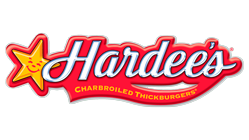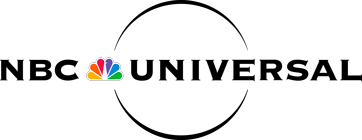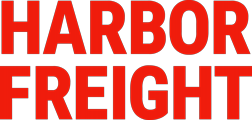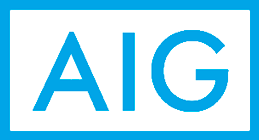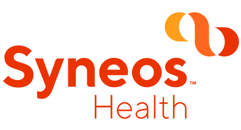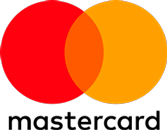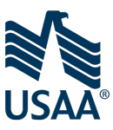Customized Team Development
Hayes tailors every session based on your organization’s unique needs, identified through pre-session research and cultural assessments. Typical sessions span 1-2 days and deliver actionable strategies that participants can apply immediately.
Key Components:
- Interactive Exercises: Hands-on activities emphasize team success traits.
- Behavioral Insights: DISC Behavioral Style assessments help team members understand themselves and their peers.
- Barrier Resolution: Facilitated discussions uncover obstacles and create solutions.
The Hayes Process
- Research & Assessment: Confidential interviews identify barriers and needs.
- Behavioral Surveys: DISC assessments reveal team dynamics and foster better communication.
- Development Sessions: Facilitators guide teams to define goals, address barriers, and build actionable plans.
- Follow-Up Coaching (Optional): Individual coaching sessions ensure long-term success.
- Summary Report: A detailed report outlines findings, action plans, and recommendations.
Let Hayes help your team achieve more.



